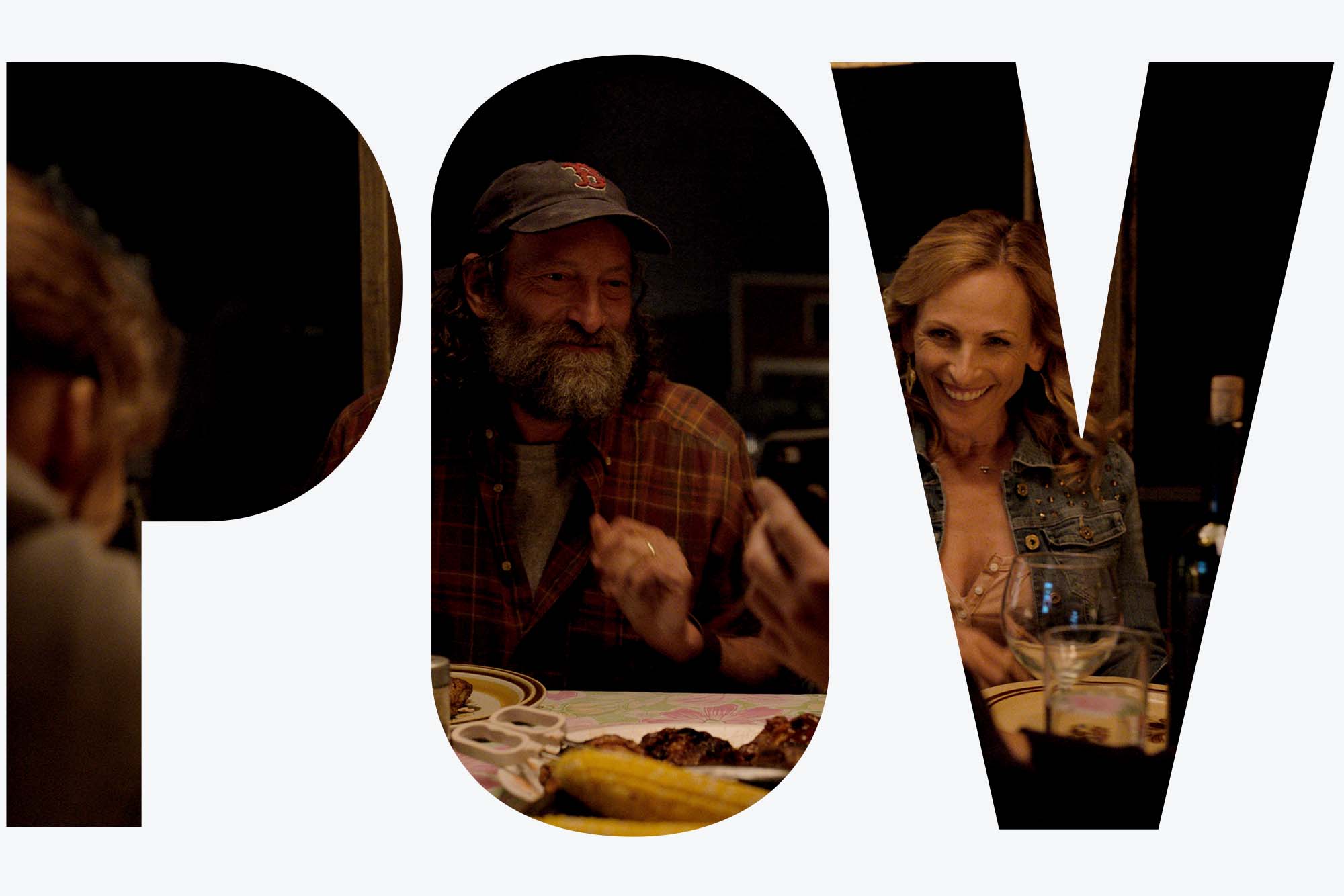POV: CODA’s Oscar Wins Represent an Historic Moment

Emilia Jones (from left), Troy Kotsur, and Marlee Matlin in CODA. Credit: Apple TV+
POV: CODA’s Oscar Wins Represent an Historic Moment
“As Deaf people—including our youth—to see ourselves and our language authentically portrayed on the big screen is to see our potential unleashed”
We know that children are, in many ways, products of their formative environments and those they are exposed to. For young Deaf children with a proclivity for, and interest in, acting, for decades their dreams of chasing the silver screen have been limited to the retelling of the same story: 1987, when Marlee Matlin won the Oscar for her role in Children of a Lesser God. At the risk of hyperbole, thanks to the exceptional production of CODA, and its well-earned recognition—Best Picture, Best Supporting Actor (Troy Kotsur), and Best Adapted Screenplay—that limiting paradigm was shattered at last week’s 94th Academy Awards.
The significance of this historic moment is not just in the film and its awards. It’s also found in the backstory and the integrity of the production, with its commitment to uphold accurate representation of our minority culture. While it may seem obvious to cast a Deaf actor in a Deaf role for the sake of authenticity and accuracy, too many times we have seen cultural and linguistic appropriation when non-deaf actors have been cast to play Deaf roles. The myriad misrepresentations perpetuated over the years have not only skewed the public’s perception of our communities’ capacity, they’ve skewed our perceptions of our own humanity. As Deaf people—including our youth—to see ourselves and our language authentically portrayed on the big screen is to see our potential unleashed. For a moment in time, the Academy’s recognition of CODA suspended society’s arbitrarily imposed limitations on what we can and cannot do and become.
Apple’s $25 million acquisition of the distribution rights for CODA broke records and barriers alike. That purchase, as well as the burning of closed captions onto the streaming film, shows that in this new way of doing business, where universal access is embedded in its design, all are welcome at the table. [In another signal of change, the Biden administration last year created the first-ever full-time White House ASL interpreter position to make daily press briefings and other events more accessible.] Our Deaf communities are inspired by these commitments, we celebrate the recognition of our humanity, and we are made to feel hope again for our future generations, who will see themselves, and whose families will see them too, on a level playing field with their non-deaf counterparts.
As ASL [American Sign Language] instructors in BU’s Deaf Studies Program, we have been proud to share our culture and language with hundreds of students who are guests among our communities. We teach in hopes that our students will internalize the information learned and become allies and educate others in their future paths about our communities. Faculty members have the unique privilege of witnessing the growth in our students, from introduction to our community through to their understanding of our history, our language, our struggles, and our successes. We see horizons expanded and we want that same opportunity to be available and leveraged for Deaf youth.
Sadly, and for a host of reasons, Deaf children are more often denied meaningful access to ASL from birth. Kotsur said it himself: ASL saved his life. Our hope is that CODA’s time in the spotlight reminds families with Deaf children, whose Deaf child is often the first Deaf person they’ve ever met, that there are no inherent limitations on being Deaf. In fact, meaningful access to ASL from birth is to open the world to them, is to shatter glass ceilings, is to give them life. In this short film, the world has been provided an opportunity to see how reframing the “diagnosis” of having a Deaf baby can impact parents, medical providers, educators, and students.
We look forward to the future and to what our youth will become, more so now than ever, because of this pivotal moment in our communities’ history. Centering the Deaf experience in the telling of this story, and the Academy’s recognition of the production, is to see us, is to see the humanity in us all. There’s no telling where we’ll go next, but what we do know is that we’re here for every bit of it.
Children and staff at the Learning Center of the Deaf, in Framingham, Mass., were interviewed on their perspectives of the film. See what they had to say here.
Hope continues to grow as opportunities are provided to those in marginalized communities. This is just the beginning of how those among Deaf communities will grow. Seeing just the few Deaf people represented on the “big screen” gives us hope that all those talents among our community will have an opportunity to succeed in following their dreams.
Actress Lauren Ridloff said, “I breathe American Sign Language. When ASL stops, then I will stop breathing.” These sentiments are surely shared among our Deaf communities. This is why we will never stop educating the public and pursuing our dreams.
Andrew Bottoms is a lecturer and codirector of the Wheelock College of Education & Human Development’s Deaf Studies Program; he can be reached at anbo@bu.edu.
Emily Glenn-Smith is a Wheelock Deaf Studies Program lecturer; she can be reached at emilygs@bu.edu.
Comments & Discussion
Boston University moderates comments to facilitate an informed, substantive, civil conversation. Abusive, profane, self-promotional, misleading, incoherent or off-topic comments will be rejected. Moderators are staffed during regular business hours (EST) and can only accept comments written in English. Statistics or facts must include a citation or a link to the citation.